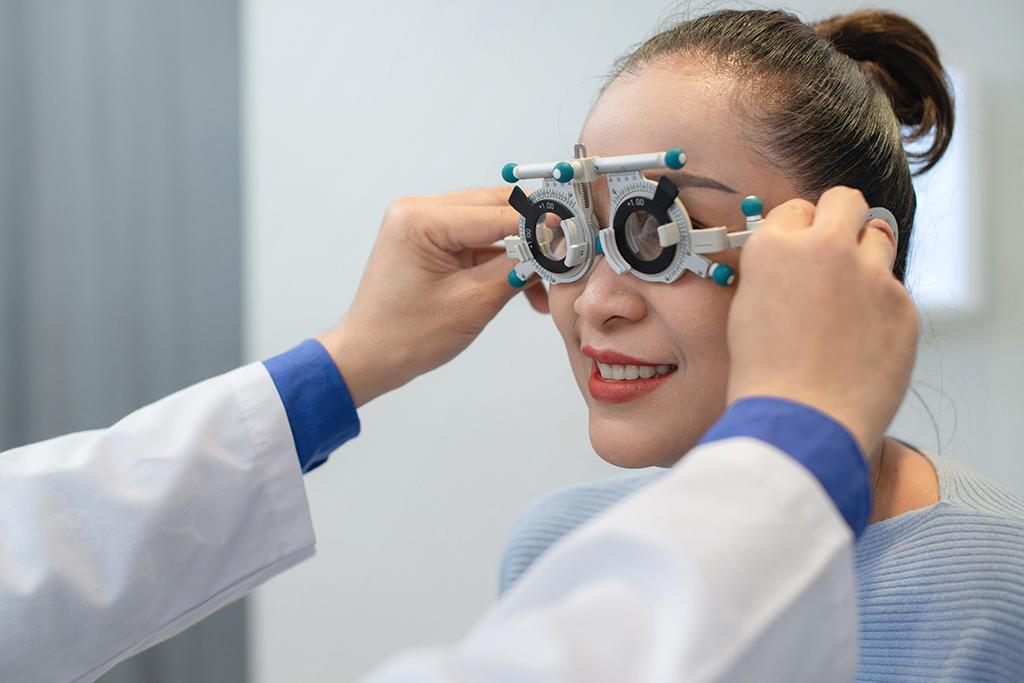Finding the right pair of glasses isn’t just about improving your vision it’s also about enhancing your comfort, confidence, and day-to-day performance. Whether you’re an avid reader, a tech enthusiast glued to screens, or someone who spends weekends hiking and biking, your eyewear should reflect your lifestyle just as much as your personal style.
Let’s break down the key things to consider when choosing the perfect pair of glasses that work for both your eyes and your daily routine.
1. Understand Your Daily Activities
Start by assessing how and where you spend most of your time. Do you work on a computer for long hours? Are you frequently outdoors or driving? Do you play sports or lead an active lifestyle?
For instance:
-
Office workers benefit from blue light filtering lenses that reduce eye strain from screens.
-
Outdoor enthusiasts need polarized sunglasses for UV protection and reduced glare.
-
Drivers may prefer lenses with anti-reflective coating to help with night driving.
-
Readers might want lightweight frames with comfortable nose pads for long sessions.
The more clearly you define your routine, the easier it is to choose glasses that support it.
2. Consider Your Face Shape and Personal Style
Your face shape plays a major role in how frames look on you. Here’s a quick guide:
-
Round faces pair well with rectangular or angular frames.
-
Square faces benefit from round or oval frames to soften features.
-
Heart-shaped faces suit cat-eye or bottom-heavy frames.
-
Oval faces are versatile and can wear most frame styles.
Beyond fit, consider your personal style. Do you like classic, minimalist frames or bold, fashion-forward designs? Today’s eyewear comes in a variety of materials—from sleek titanium to vintage acetateand an endless range of colors.
Choosing frames that align with your wardrobe and personality can turn glasses into a statement piece rather than just a necessity.
3. Evaluate Lens Options and Enhancements
Lenses are the heart of your eyewear, so choosing the right type is essential. Think about your vision needs:
-
Single vision lenses: Ideal for nearsighted or farsighted individuals.
-
Progressive lenses: Great for people who need help seeing both near and far.
-
Photochromic lenses: Adjust to lighting, darkening in sunlight.
Consider enhancements like:
-
Anti-glare coatings to reduce reflections, especially for night driving or screen work.
-
Blue light filters for digital screen protection.
-
Scratch-resistant coatings for long-term durability.
Many optometrists, like Nazarian Optometrists, offer custom lens consultations that help match your lens type to your daily visual demands. This ensures you're not just seeing clearly but also protecting your eyes in the environments you frequent most.
4. Factor in Specialized Needs
Beyond everyday vision correction, there are several niche needs that eyewear can address:
-
Sports eyewear: Offers impact resistance and a secure fit.
-
Prescription sunglasses: Allow you to enjoy the outdoors without sacrificing clarity.
-
Workplace-specific glasses: May be required for safety or close-up tasks.
-
Children’s glasses: Need to be flexible, durable, and comfortable.
Providers like Nazarian Optometrists often carry a wide range of specialty frames and can guide you through finding the right pair that aligns with specific needs whether for cycling, welding, or simply running errands in sunny weather.
5. Get Professionally Fitted by a Trusted Optometrist
Buying eyewear online might be tempting, but it rarely guarantees the right fit or prescription accuracy. A professional fitting ensures that:
-
The frame sits correctly on your face.
-
The lens prescription is perfectly aligned with your pupil.
-
Adjustments can be made to the arms, nose pads, or bridge for added comfort.
A proper fitting also reduces the risk of headaches or poor vision caused by improperly aligned lenses. A knowledgeable optometrist will help you test different styles, suggest ideal frame materials, and even recommend coatings or tints based on your lifestyle.
6. Budgeting Without Compromising on Quality
You don’t need to spend a fortune to get quality eyewear. Start by setting a realistic budget and understanding where it's worth investing more typically in lenses and comfort-related features.
Tips to save while getting quality:
-
Look for packages that include lenses and coatings.
-
Ask about warranties and aftercare services.
-
Use health insurance or optical benefits to offset the cost.
While designer frames are appealing, many stylish and durable alternatives are available at more affordable prices without compromising function.
Conclusion
Choosing the right eyewear is about more than prescription it’s about enhancing your life. From understanding your daily routine to selecting the right frames and lenses, each step plays a role in ensuring clarity, comfort, and confidence.
With expert guidance, especially from experienced optometry providers, you can find eyewear that truly fits your lifestyle. Don’t settle for “just okay” when the perfect pair could be waiting for you at your next visit.
